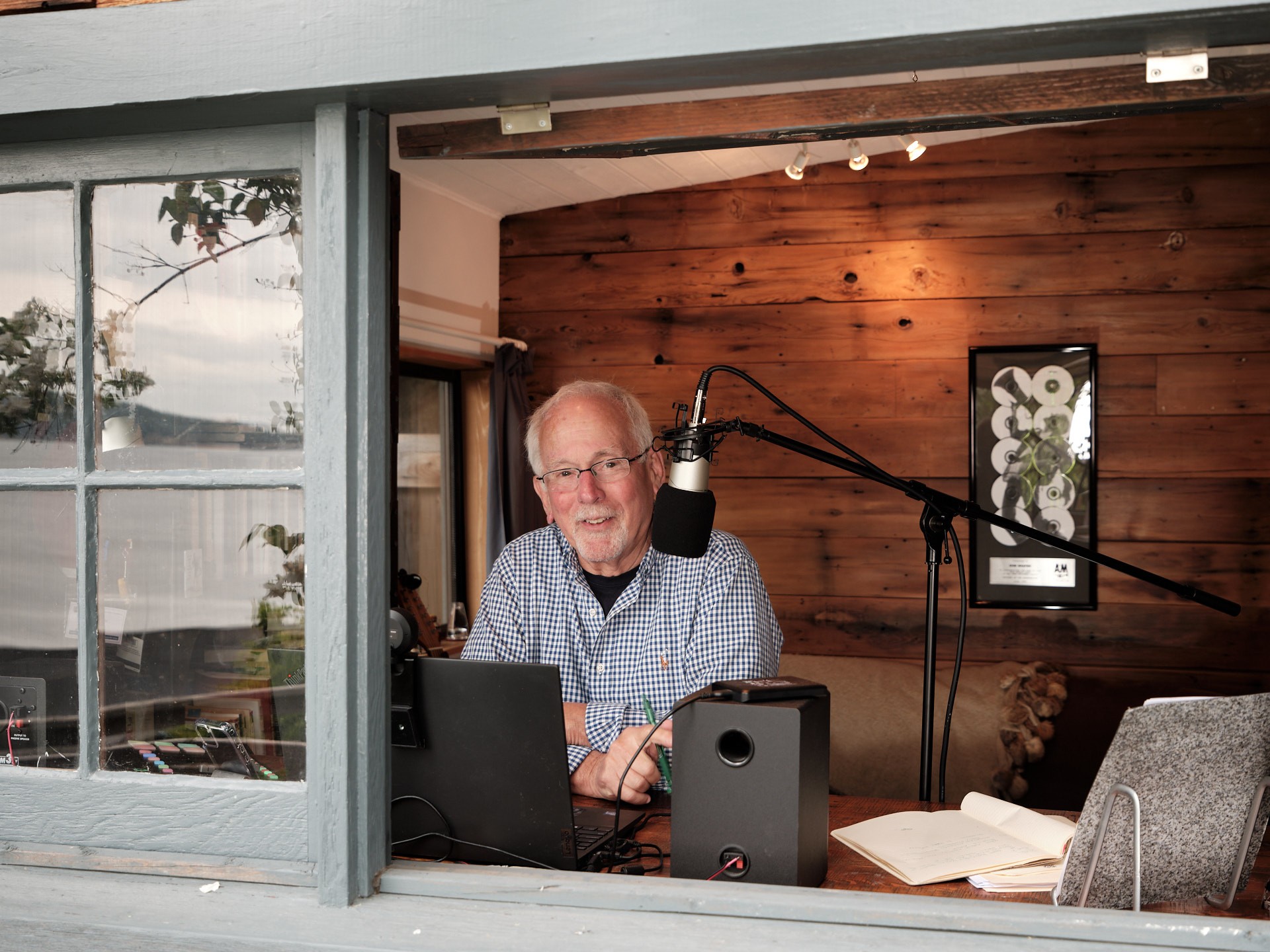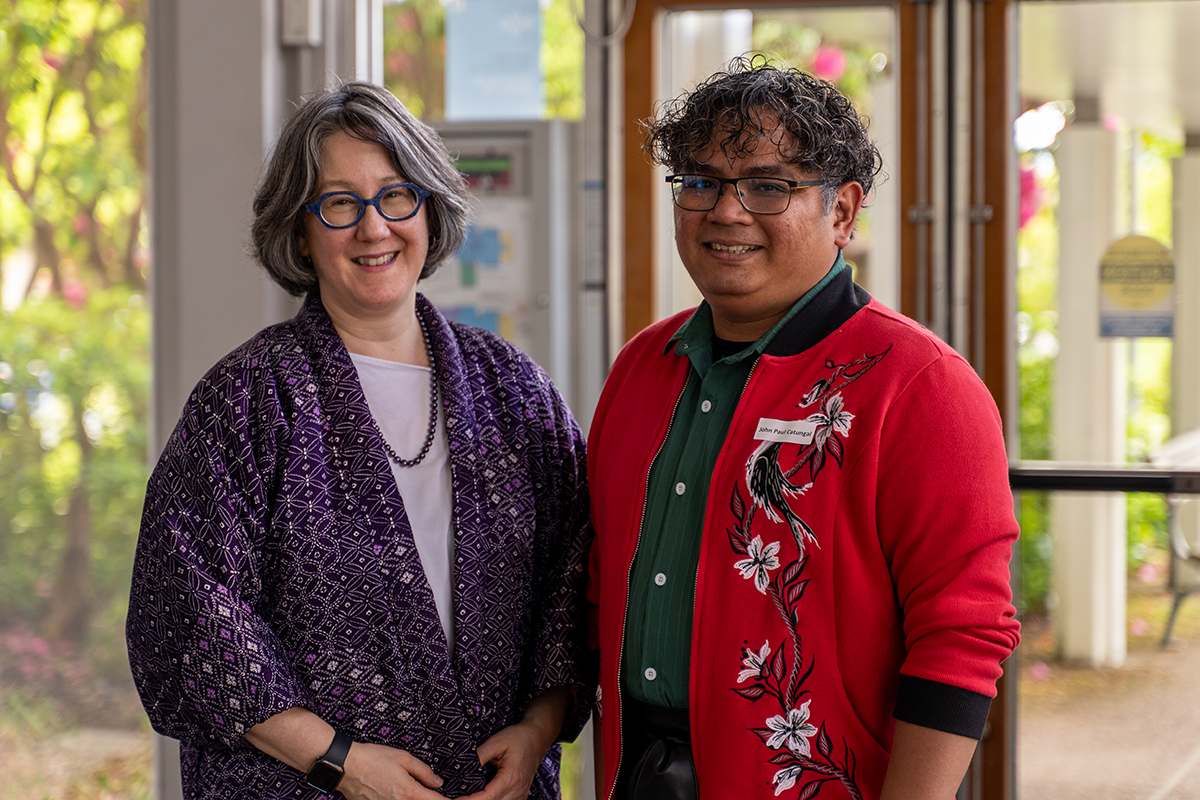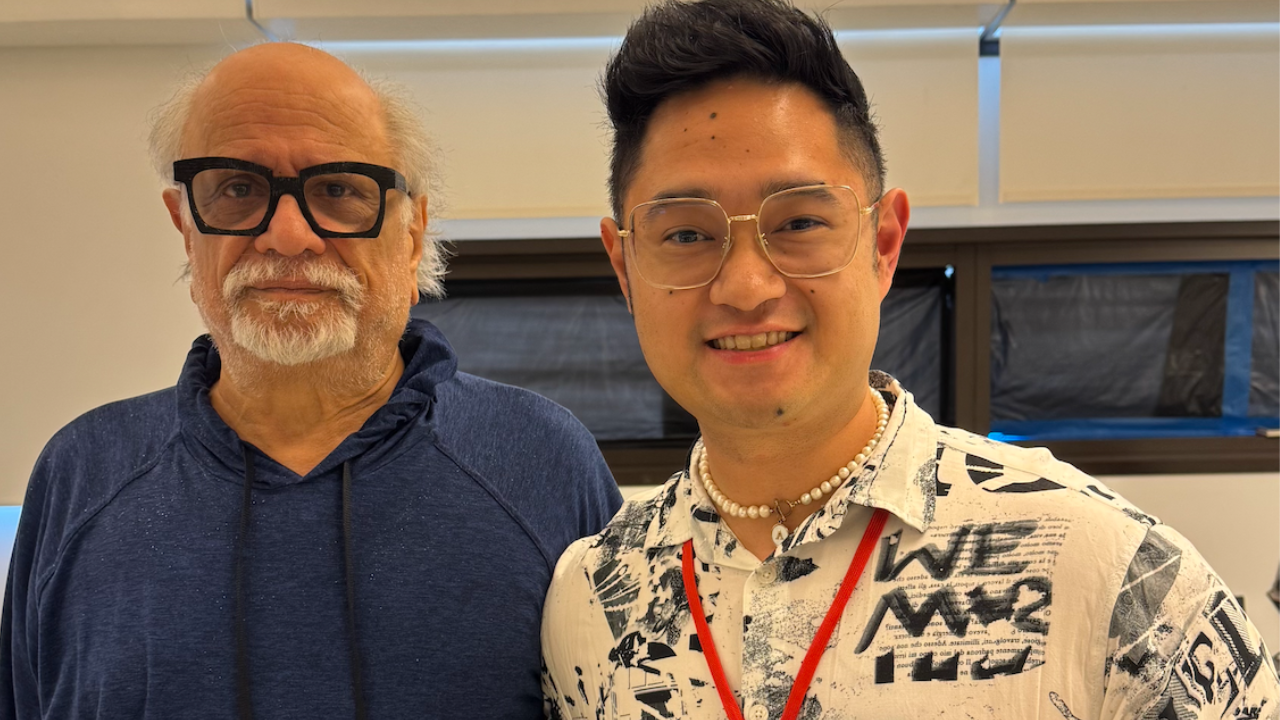December 3, 2015 —
Public Statement on Campus (Un)Safety
By some concerned graduate students at the Institute of Gender, Race, Sexuality, and Social Justice Research
University of British Columbia
Musqueam Territory
socialjustgradstatements@gmail.com / socialjustgradstatements.wordpress.com
Note: The views in this statement are solely of the authors. They do not reflect the views of all faculty, staff, and students at the Institute for Gender, Race, Sexuality, and Social Justice Research.
Recently gaining public attention, student activism at UBC has illuminated the ways in which members of our community are engaging in contentious issues about the way the university handles structural violences on our campus. As graduate students at the Institute for Gender, Race, Sexuality, and Social Justice Research, these issues are of particular importance for us as we try to think through and navigate what it might mean to live in a socially just world and university community: how can we engage in collective care and ethics of anti-oppression in the world broadly, but first and foremost, in the space in which we live, teach, and learn? In this piece we draw attention to two issues specifically that stand as impediments creating such a community, and the urgent need for redress.
On November 21st, UBC President issued a public apology to the women students who came forward with sexual assault complaints about a graduate student in the History department, Dmitry Mordvinov 1. Upon investigation by the Canadian Broadcasting Corporation (CBC), it was found that at least six formal complaints had been filed against Mordvinov over the past two years 2. UBC made the decision to expel him just last week, though he will be appealing. It should be noted that research and experience show sexualized violence is not a neutral social phenomenon that occurs randomly, but is largely committed against cis-women, trans-women, and non-binary people that are read as female/women in the dominant culture, often by people that they may know. These cases continue to be viewed as isolated events, rather than as symptoms of a larger rape culture on campuses across North America. In the United States, 85 higher education institutions are under federal investigation due to the mishandling of sexualized violence cases 3. On those campuses not yet under the spotlight, cases continue to be tucked under the carpet, with universities and colleges fearing that they will be outed next. Earlier in 2015, the CBC launched an investigation into sexual assault on campuses in Canada and found that sexual assault was (and continues to be) widely under-reported, and that across 87 universities/major colleges, only 8 had specific sexual assault policies 4. In our own review, we find that most campuses use the language of sexual harassment, which typically identified the main issue as relation to the workplace and university/college employees (rather than students). The recent investigation of sexual assault by UBC is reminiscent of a similar case at the Dalhousie University Faculty of Dentistry, whereby an all-men Facebook Group titled “Class of DDS 2015 Gentlemen” who posted sexuality explicit material about their women classmates was exposed by a whistleblower, who then reported these posts to a female classmate, who further reported it to Dentistry administration. The fumbled University level investigation ended with agreement on a restorative-justice process (argued against by many feminists in addition to many of the women members of the Class of DDS 2015). An external report of the investigation, titled ‘Report of the Task Force on Misogyny, Sexism, and Homophobia’ in Dalhousie University Faculty of Dentistry, was put out in June, 2015 5. In another UBC example, an English department graduate student, Lucia Lorenzi, wrote an open letter to the Vancity Buzz in reference to a post titled Where to Hook Up at UBC 6. In this post, the blog describes five places on campus where one can “bang”, including the English department lounge. The blog goes on to state, “having sex in public spaces could be the most fun you’ll have in your four years as an undergraduate”. We, along with Lucia, find this troubling given a) Lucia had been sexually assaulted in that exact location and b) this third-party blog and its employees are offering “unsolicited advice to disrespect community spaces”, creating dangerous environments for everyone 7. Vancity Buzz has since cut its list down to four, with no mention (and in fact an erasure) of Lucia’s experience or concerns.
These instances illustrate that we cannot address sexual assault by appeasing each case at a time to then only proceed with business as usual. These piecemeal solutions continue to create a culture of silence around sexual assault on campus. As an example, one can provide self-defense classes for women, which might ‘help’ the situation in a certain sense, but it then becomes the fault of the woman assaulted to fend off her attacker. In this example, without addressing the fact that men should be taught that they do not have any entitlement over other people’s bodies, we normalize a world in which certain feminized bodies will always be taught to defend themselves while others still retain the implicitly played message that masculine bodies are innately and unchangingly violent. This violence is where we must focus our attention. We must ask, what are the conditions by which certain people feel as though they are entitled to have sex with others without consent? Indeed, any past and future act of sexual violence (and many other forms of violence) requires the use of a sex/gender-, race, and class-based lens. We believe that reforming rape culture on campus requires judicious reflection and discussion among all members of universities and colleges about not only sexual assault, but ongoing sexism, racism, homophobia, classism, transphobia, ableism, colonialism, imperialism, and other systems of oppression that live within academic institutions.
At the same time in which we find ourselves and UBC in the midst of exposing rape culture, we also have seen the unsettling emergence of a UBC “White Students Union.” Over the past two years in the United States, there has been a rise in the #BlackLivesMatter movement in response to increasing and continuous police brutality. An unarmed Black body is killed at the hands of a police officer every 28 hours in the United States 8, 9, and the Black women who started the movement began to organize – there have been over 1200 #BlackLivesMatter protests in the past ~500 days. Importantly and at the same time, movements across campuses have been emerging – racialized students are asking their administration to address the institutionalized racism and oppression that they face in their universities and colleges. Many of these movements are imbued with the power of #BlackLivesMatter, the largest anti-racist political movement in the U.S. since the 1960s. And further, many of these university movements draw historically on demonstrations, protests, and sit-ins that took place on their campuses from the Black Power liberation movements to inspire their own activism. With the rise of this political action, white terrorism is also rampant in response – death threats towards student protesters have ensued, Black demonstrators were shot by white supremacists in Minneapolis, and White Student Unions have been forming all over the United States. The latter most emergence, the White Student Union, has also made its way to multiple universities in Canada, including UBC.
There are rumors that the almost infectious way that the White Student Union (WSU) facebook pages have been forming is no coincidence 10 , with people in these groups calling for students everywhere to create more of these pages. However, in an article entitled, No, Buzzfeed, White Student Unions are not ‘Hoaxes’ Created by Racists, one of the founding members of UBC’s WSU was interviewed and himself emphasized the fact that the page was creating for those who are are “afraid to speak out publicly.” The UBC WSU page writes:
“campuses across North America are facing an ideological onslaught which considers whites to hold a moral responsibility for many of the world’s ills. Whiteness itself is thought of as something to be “deconstructed” because it is tainted by history. However, this is a one-way assault. No one believes that Coast Salish identity should be deconstructed due to their history of keeping slaves, or that Turkish identity should be deconstructed because of the Armenian genocide.”
The page goes on to detail that it has formed to create a “safe space” for white students, arguably similar rhetoric to that used by students asking for inclusivity on their university campuses. While we understand the need of a dialogue between white people for navigating their whiteness, the WSU’s missive appears to come from a place of misplaced victimhood. By insisting that social justice movements have dismissed significant contributions of white people to the world, the WSU forgets that every historical account in schools across the world acknowledges and glorifies them. Even in history books of formerly colonized countries like India, the space given to historical accounts, achievements and contributions of white men is in abundance. Furthermore, what the White Student Union fails to address is the fact that is that the university is always-already a white space. It is this culture of whiteness that demands interrogation. The expectations and standards of university life are based upon the cultural codes of power of what it means to navigate, or “succeed” in college. From the “proper” way to answer emails, perform certain behaviours in the classroom, right down to the traditional lecture style of the classroom, all of these standards are and have been historically set by those for whom the university was built – white people and the elite. The WSU notes that whiteness is “tainted” by history, when in fact, whiteness is the very foundation upon which our histories were built. That is, from the enslaved labour that built physical structures, intellectual labour gone unrecognized and co-opted by white scholars in history books, to institutions made on the very premise of the exclusion of certain (racialized, gendered, classed) bodies. Whiteness as an ideology is that which needs to be deconstructed. To argue that deconstruction is not needed because it is a ‘one-way assault’ is at most generous misguided and truthfully ignorant. Colonization was a one-way assault. Slavery was a one-way assault. Settler Colonialism was a one-way assault. Many, if not all, of these unjust and violent processes are still ongoing. Social Justice movements and studies are not – contrary to public opinion – about reversing the discrimination process and shaming. They recognize, address and fight back against oppressions that affect us all. But we must begin that process by taking into account, unhesitatingly, the ills that have been and continue to be committed. There is already a place for living, being and celebrating whiteness. It is the world we live in. What we, and the students who are protesting white supremacy are saying is that the world is should not be equated to the world that ought.
There is space that has been made and is continually being made to dismantle these structures and processes. Just this past week, two events were held on UBC campus that address the politics of community solidarity for battling racism and other forms of oppression on campus. On Thursday, November 26th, keynote speaker Harsha Walia, a local environmental activist, and panelists Dr. Sunera Thobani (UBC), Raquel Park (Rising Tide), and Jasheil Athalia (SFPIRG) pressed the importance and impact of organizing against what they call the “root causes” of inequity – namely, capitalism, colonialism, hegemony, and patriarchy. Specifically related to the current campus climate, their collective response was that these ideologies and practices have created a culture of fear and violence on our campuses that needs to be broken. The following day, lead by a group of Black students, an event was held to show solidarity for the #BlackLivesMatter, #Mizzou, #feesmustfall, and #studentblackout movements. After an afternoon of inspiring performances by racialized students and community members, a groups of students of colour, Indigenous students, and friends marched across the UBC campus to the President’s Office to deliver a message calling for the subversion of white supremacy and institutional racism on campus. These events draw attention to the continuous exclusion of racialized persons (especially Black and Aboriginal peoples) from administrative positions, faculty positions, and even admissions to UBC.
These two intersecting issues on campus must be processed with the understanding that sexual assault is not simply a tool of patriarchal control, but also serves as a technology of racism and colonialism. Moreover, that racialized relations are in turn gendered and sexualized. This raises the question of solutions and the way forward – how, indeed, do we develop anti-oppression strategies that move towards aims of social justice and liberation? This is where the challenge lies…We encourage all members of the UBC community to show solidarity against structural and cultural forms of violence on our campus. Though we may not have a solution yet, it is through collective action that we can can hold our faculty, administration, peers, and ourselves accountable. As the term comes to a close, we will take the time offered to us (free of exams, papers, teaching, etc.) to concentrate our energies towards mobilizing a plan of direct action, critical dialogue, and grassroots organizing. For those who would like to be involved or who would simply like to offer some words of support, please write us at socialjustgradstatements@gmail.com
1 http://president.ubc.ca/featured/2015/11/21/response-to-fifth-estate-program/
2 http://www.cbc.ca/news/canada/ubc-sexual-assaults-complaints-expulsion-1.3328368
4 http://www.cbc.ca/news/multimedia/interactive-campus-sexual-assault-reports-1.2944538
5 http://www.dal.ca/cultureofrespect/task-force.html
6 http://www.vancitybuzz.com/2015/09/ubc-sex-hook-up-places/
8 Throughout this piece, we intentionally capitalize ‘Black’ and ‘Blackness’ while leaving ‘white’ and ‘whiteness’ in lowercase. We do so thinking alongside scholars such as Lori Tharpes, who writes on the historical and institutionalized disrespect for Blackness and Black people through the lowercase lettering on the U.S. census. Our intention in this piece is first to recognize the little and erasure of space about/by Blackness and Black folks, and thus realizing a demand to (over)emphasize its necessity of presence.
9 https://mxgm.org/wp-content/uploads/2013/05/we-charge-genocide-FINAL.pdf


